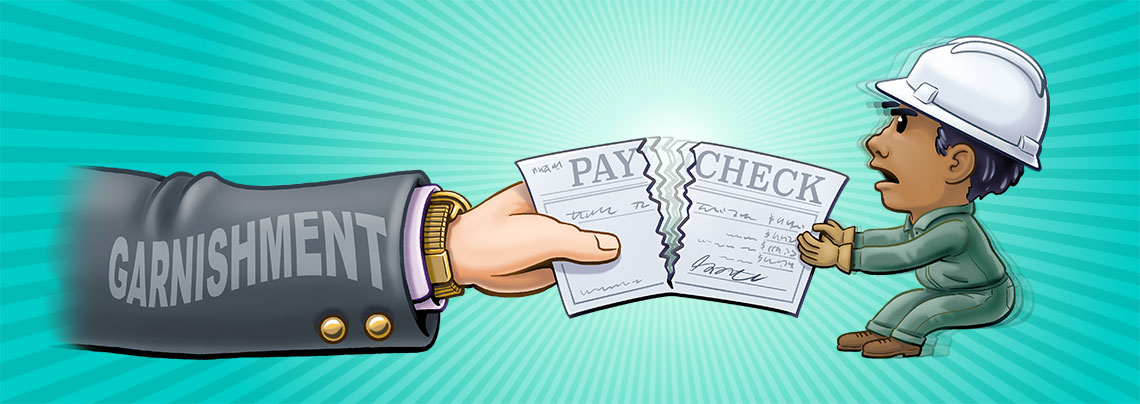Chapter 7
Chapter 13
Testimonials

“We met with a couple bankruptcy firms and felt that Long, Burnett, and Johnson were the best for our case. They knew their stuff, were efficient with our time, responded quickly to questions/concerns, and answered all our questions with ease. Thank you Mr. Long.”
-Mrs. S

“I very highly recommend Jennifer Johnson if you are looking for an attorney for bankruptcy. She and her staff are very professional and non judgemental, all while being very down to earth and approachable. I can’t begin to express how thankful I am to her for taking my case!!
-Ms. H
Chapter 13 Bankruptcy Repayment
Set up a repayment plan that you can afford.

Chapter 13 bankruptcy is a form of bankruptcy allowing you to pay back a certain amount of your debts over a set period of time through a repayment plan. How much gets repaid will depend largely on your income, expenses and debts. Different debts will get repaid in different ways through a Chapter 13 bankruptcy. Types of debts include secured debts, priority debts, and general unsecured debts with each receiving different treatment and payment through a Chapter 13 repayment plan.
Secured debts are claims for debts that have been secured by collateral, such as mortgages and auto loans. If these debts are not paid, a creditor can take the property and sell it in order to obtain the payment. If you want to keep this kind of property when you file for Chapter 13 bankruptcy, you will have to repay the loan. Chapter 13 can be used to prevent a creditor from taking an item because you are behind on your payments including cars and houses. For those with mortgages they are behind on, you can get up to 5 years to catch up the payments. In most other secure debts, the debt can be modified. The modifications can include the amount in total that must be paid, interest rate reductions, and length of payments so the monthly payment amount is greatly reduced.
Unsecured Priority Debts are debts that have not been secured by collateral. Because of the nature of the debt, they are given special priority over other types of unsecured debts. These can include certain income tax debts and past due child and spousal support. It is important these debts be paid off during the Chapter 13 so they are paid before general unsecured debts.
General Unsecured Debts are debts that have not been secured by collateral and are not considered priority. These debts can include personal loans, pay day loans, credit card debts, medical bills and utilities. General unsecured debts will receive a percentage of what is owed based on your affordable monthly payment and the value of your bankruptcy estate. The amount repaid can be as low as 0% or as high as 100% depending on income and the value of your bankruptcy estate. Regardless of the percent paid, interest, late charges, and fees do not accumulate on these debts.
After you complete your repayment plan, any remaining balance on unsecured debts are generally discharged. Debts that are discharged at the end of a Chapter 13 bankruptcy are no longer able to be collected by the creditor. However, there are some debts that will survive the bankruptcy and will not be discharged. Domestic support obligations, criminal penalties, certain taxes, lawsuit judgments arising from a DUI and debts that were not listed in your bankruptcy papers will not be discharged after you complete the Chapter 13 repayment plan.
Get in touch with us at Long, Burnett, and Johnson, PLLC
Chapter 13 will only work if you have the resources to adhere to the repayment plan. It is important to understand both the benefits Chapter 13 bankruptcy can provide, as well as the implications. Further, it is imperative that all of your paperwork is filled out and filed correctly, or you may run the risk of having to repay debts you could have been able to discharge. For help determining which bankruptcy is right for you, contact Long, Burnett, and Johnson, PLLC.